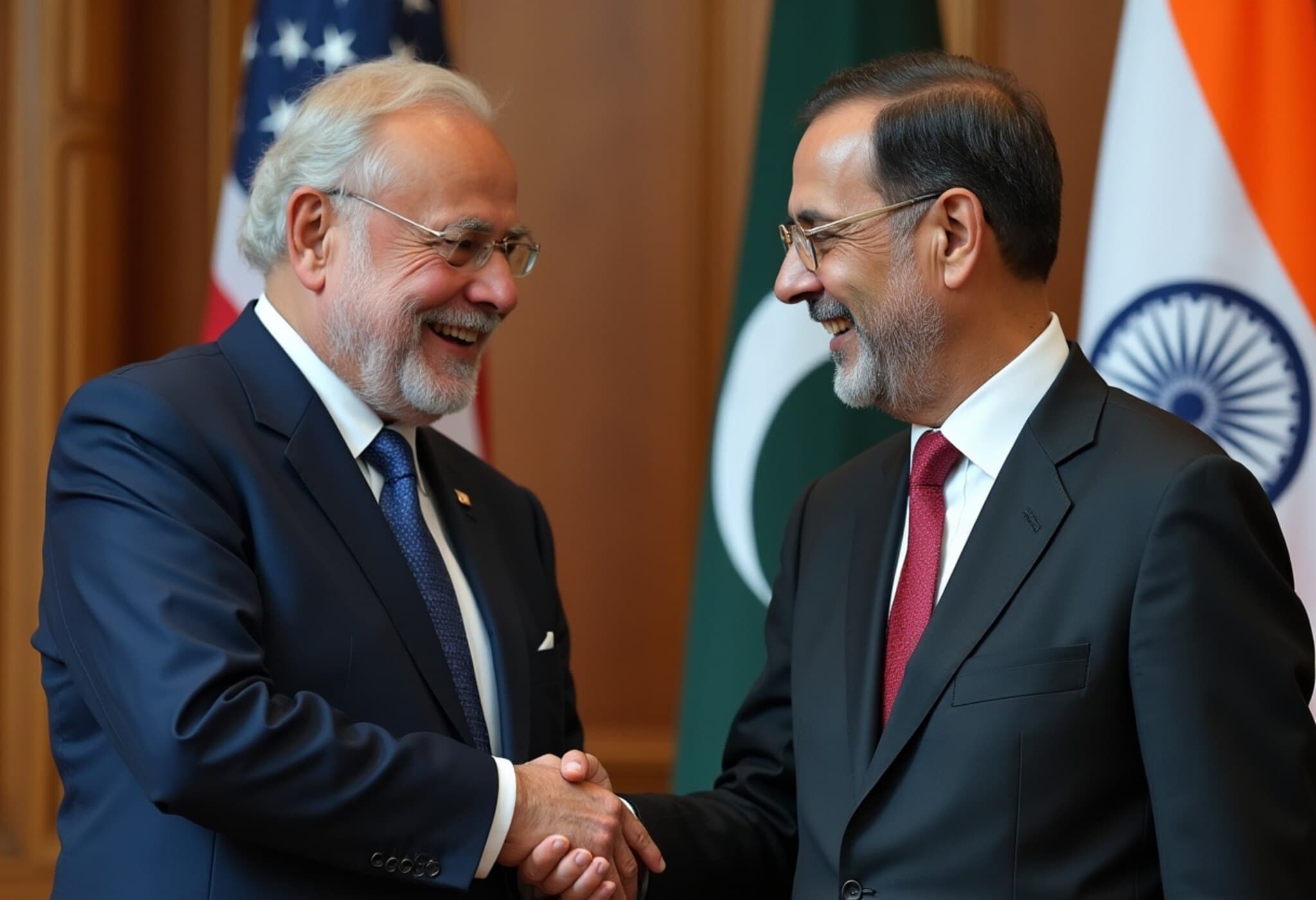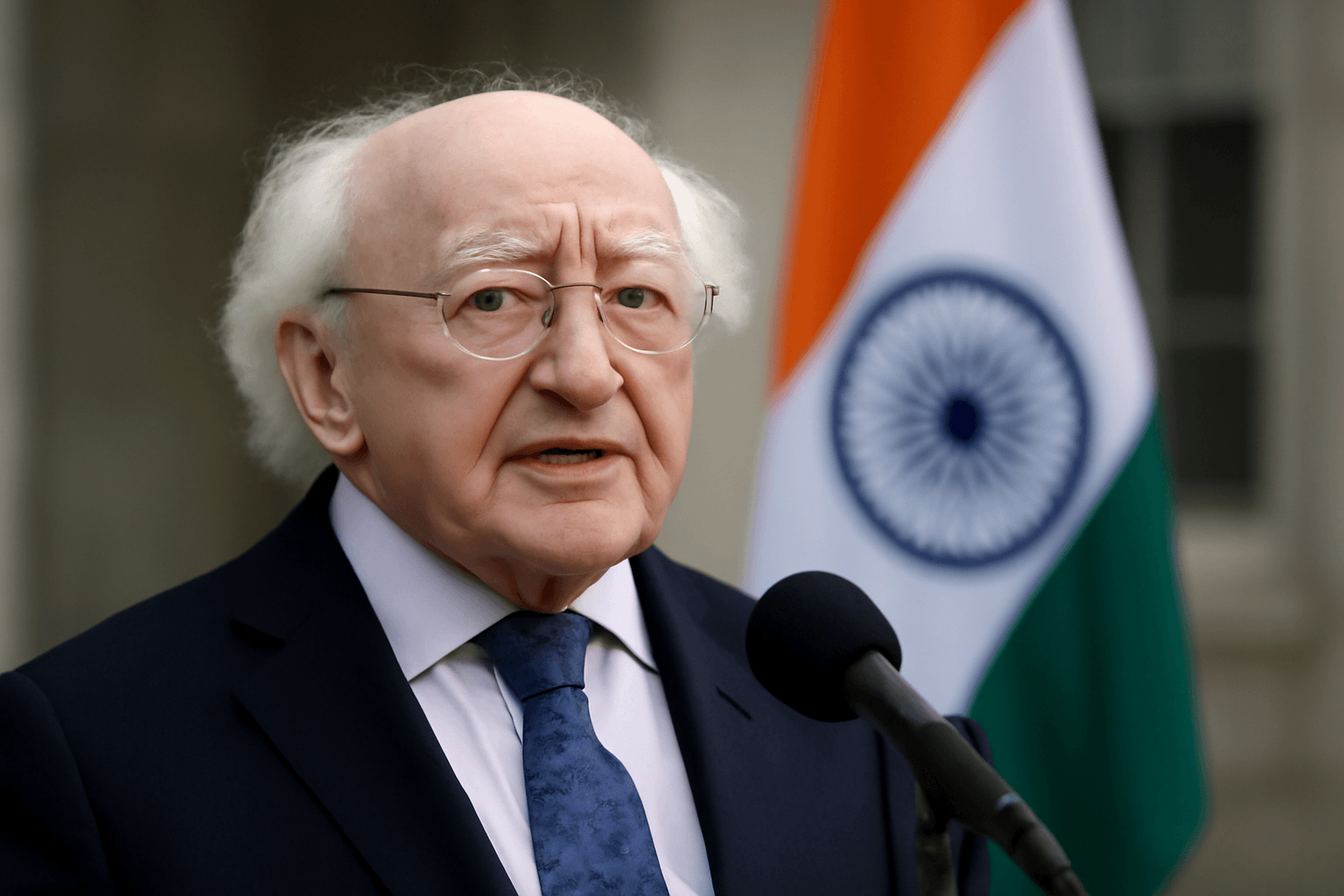Israel Explores Controversial Relocation Plan for Palestinians in Gaza
In a development stirring intense debate across the international community, Israel is reportedly negotiating with South Sudan to relocate Palestinians displaced by prolonged conflict in Gaza. According to a report by the Associated Press citing unnamed officials, this proposal is part of Israel's broader strategy to encourage the departure of Gaza’s Palestinians amid deteriorating humanitarian conditions following a 22-month-long military offensive targeting Hamas.
The Proposal: From One Crisis to Another?
The idea to move Palestinians from Gaza—an already conflict-ridden and famine-threatened coastal enclave—to South Sudan, a fragile East African nation grappling with its own humanitarian crises, raises serious ethical and legal questions. Human rights organizations and Palestinian leaders have denounced the plan, warning that it risks creating a new chapter of forced displacement and potentially violating international law.

Netanyahu Endorses 'Voluntary Migration'
Prime Minister Benjamin Netanyahu has publicly supported what he describes as “voluntary migration,” echoing a relocation framework initially proposed by former U.S. President Donald Trump earlier in 2025. Speaking on i24 TV, Netanyahu emphasized the importance of allowing civilians to evacuate before military operations target remaining Hamas fighters, though he stopped short of explicitly mentioning South Sudan.
Historically, Israel has broached similar talks with multiple African countries. Analysts suggest that this reflects a strategic interest in dramatically reshaping Gaza’s demographic landscape to diminish Hamas’ influence.
South Sudan’s Calculated Political Gains
For South Sudan, the proposition may offer potential diplomatic dividends. Strengthening ties with Israel could translate into improved relations with key international figures, including Donald Trump, who initially championed the relocation concept but later retreated from the spotlight.
Joe Szlavik, a Washington-based lobbyist working closely with South Sudanese officials, confirmed that an Israeli delegation is expected soon to evaluate the logistics of establishing refugee camps in the country — plans that Israel would likely fund.
Context: South Sudan’s Complex Standing
South Sudan, which gained independence in 2011, remains under certain U.S. sanctions and travel restrictions, largely due to ongoing governance and human rights concerns. Closer relations with Israel might pave the way for sanctions relief.
Facing severe economic hardship, South Sudan recently accepted eight deportees from the U.S., viewed by some analysts as an overture to curry favor with Washington and, by extension, Israel.
Historical Backdrop of Israel–South Sudan Relations
The ties between Israel and South Sudan date back decades. During South Sudan’s struggle for independence, Israeli intelligence agency Mossad reportedly provided support to rebel factions opposing Sudan’s Arab-led government. This historical connection underscores a longstanding if complex, undercurrent of cooperation.
Regional and International Reactions
- Palestinian leaders have vehemently opposed any measures which resemble mass forced expulsion.
- Human rights watchdogs warn that transferring Palestinians to another conflict-prone region could exacerbate suffering and undermine their right to remain in or return to their homeland.
- The international community remains divided, with many countries emphasizing diplomatic solutions over forced relocations.
What’s at Stake for Palestinians?
While some Palestinians caught in the crossfire may temporarily seek refuge outside Gaza to escape spiraling violence and hunger, the overwhelming majority reject permanent resettlement schemes. For many, Gaza is more than a place of residence; it is an emblem of identity and homeland.
Expert Insight: Navigating the Complex Humanitarian and Legal Terrain
From a legal perspective, experts caution that any mass movement of civilians without their informed consent risks breaching international humanitarian and refugee law provisions, including protections enshrined in the Fourth Geneva Convention.
Moreover, relocating vulnerable populations from one unstable region to another may only shift the humanitarian burden rather than alleviate it. Policy analysts urge the global community to prioritize securing humanitarian aid, ensuring civilians’ safety, and pursuing lasting political solutions over displacement-centered approaches.
Looking Ahead: Critical Questions
- Can South Sudan guarantee the safety and rights of Palestinian refugees amid its own fragile socio-political environment?
- Will this relocation plan set a precedent for handling displaced populations globally through controversial geographic transfers?
- How might this impact U.S. foreign policy, especially given Trump’s earlier involvement and South Sudan’s ties to the US?
Editor’s Note
The unfolding discussions between Israel and South Sudan over relocating Palestinians encapsulate the enduring complexity of the Gaza crisis. While driven by political and security objectives, any population transfer must reckon with profound humanitarian consequences and legal constraints. This story invites us to reflect on the delicate balance between state strategy and human dignity, calling for informed, compassionate global engagement that upholds the rights and voices of displaced communities.
Stay tuned as we continue to monitor developments on this sensitive geopolitical issue and its broader implications for refugee rights and regional stability.











